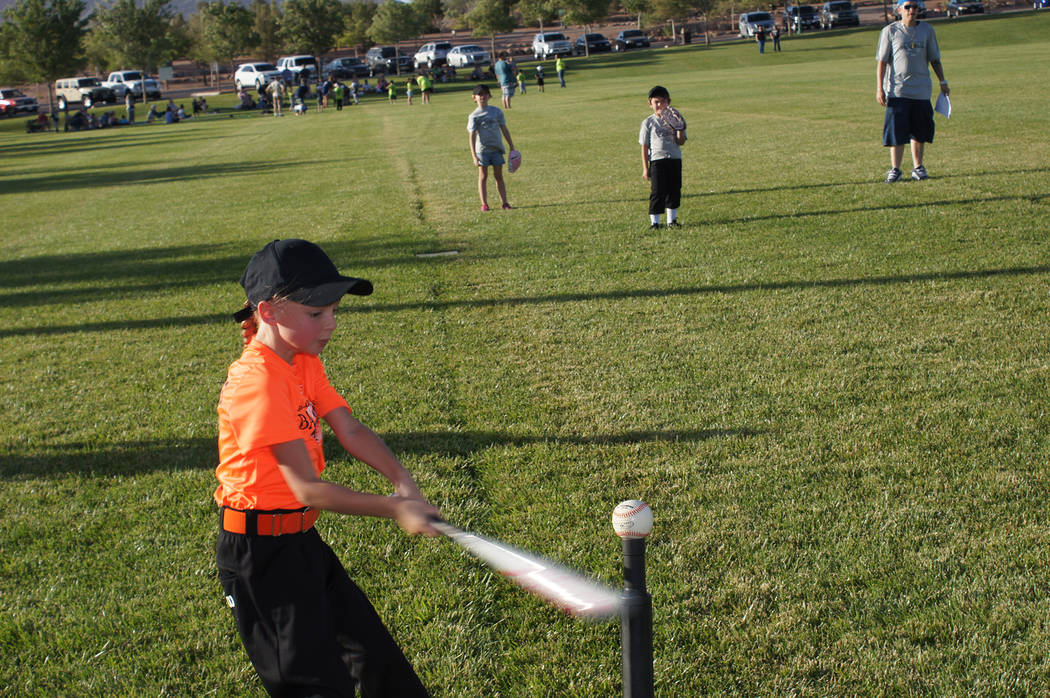VICTOR JOECKS: Why you shouldn’t keep score in kids’ sports
I’ve always viewed not keeping score in kids’ sports suspiciously. After all, the real world rewards achievement and results, not intentions and feelings. Then I watched my son play T-ball.
Baseball is straightforward. Hit the ball. Run to first base before a fielder throws you out. Three outs, and your team takes the field.
It doesn’t look simple with 5- and 6-year-olds. Keep your eyes open when you swing. Run to first — don’t stare at the ball — yes, run all the way to the base. No, wait, stop — first base is that way.
Each of these little steps was its own adventure.
Then there’s the fielding. Most of the hits didn’t make it much beyond the pitcher’s mound. My son was playing third when a grounder came his way. He did a couple of things well. He moved in front of the ball with his glove to the ground. Then he waited and waited and waited as the ball slowly rolled toward him.
“Go strong to the ball. Be aggressive,” I told him afterward.
That’s exactly what he did — a little too much. A kid hit a dribbler to the left side. My son charged the ball and … ran into the pitcher who was preparing to field it. My attempts to clarify this — be strong to the ball, but not if your teammate has a play — didn’t stick as well as my initial guidance. My fatherly advice turned fielding into bumper cars. D’oh.
Every once in a while, a ball made it past the infield. A boy on my son’s team hit a ball into right-center. The opposing team — yes, the team, everyone but the first baseman and the catcher — gave chase.
Complicating all this is the 6-year-old attention span. My son soon figured out that if he wasn’t playing pitcher, there wasn’t much action in the field. Why watch a batter who’s unlikely to hit you the ball when it’s always fun to play in the dirt?
This made getting an out either a miracle or an accident. But it didn’t matter. Each inning consisted of everyone batting once, stopping at first base whether they got out or not, and advancing one base per batter.
The high drama came from the last batter who would try to score, usually after hitting the ball around 25 feet. Could a fielder get the ball to home plate before he rounded all the bases?
The doubts I had about not keeping score faded after watching the first batter. These games weren’t competitive contests. They were glorified learning experiences.
At some point, keeping score will be appropriate and necessary. I want my son to see the nexus between hard work and success. He needs chances to demonstrate graciousness in both victory and defeat. It’s also fun to compete and win.
Those things will come. But I’m OK with not keeping score until everyone on the team knows the difference between first base and third.
Victor Joecks’ column appears in the Opinion section each Sunday, Wednesday and Friday. Listen to him discuss his columns each Monday at 10 a.m. with Kevin Wall on 790 Talk Now. Contact him at vjoecks@reviewjournal.com or 702-383-4698. Follow @victorjoecks on Twitter.


















